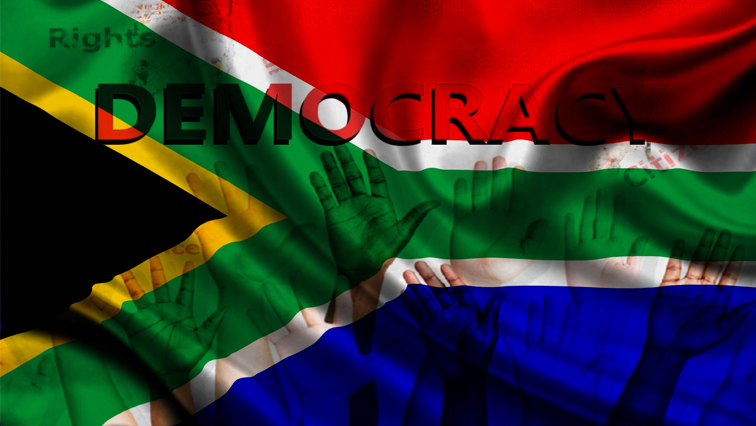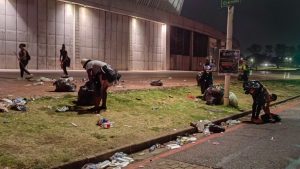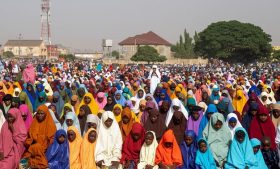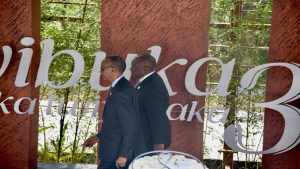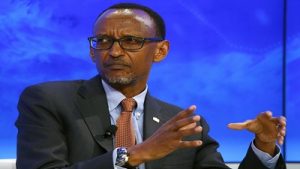Six out of every 10 South Africans are dissatisfied with our democracy. This is the finding of a major survey of almost 25,000 diverse South Africans conducted by the Foundation for Human Rights (FHR) in 2016, which is to be released on Monday, 26 March 2018, at the Constitution Hill in Johannesburg.
Perhaps not surprisingly the most dissatisfied people are those who live in poor conditions, i.e. informal housing. In this group almost three quarters are unhappy with the way our democracy works, compared with a satisfaction rate of about 50% among people who are better off.
Probably the most shocking statistic in the report is that 20 years after the adoption of our new Constitution, half the population had not heard of either the Constitution or the Bill of Rights. Levels of awareness were lowest among African females (47%) and people over 60 (43%). Younger people were somewhat more aware.
Despite the low levels of awareness of the Constitution among vulnerable sections of the population, those who were aware of our founding law stated that they thought it was the best constitution South Africa could have. Among rural people who were aware of the Constitution or bill of rights, over 70% judged it favourably. This suggests that knowledge of the Constitution by the poor does give people a sense that the system is on their side.
Most people questioned felt that our electoral system is still working well (61% satisfaction rate) but that parliament is unaccountable (65% dissatisfied). This suggests that people feel that their vote still counts when it comes to selecting representatives, but once elected Members of Parliament (MPs) fail to properly represent their interests.
When it comes to human rights, only 40% of the population were satisfied, with most of those who were dissatisfied reporting that Equality was the human right that was least respected in the country.
One other notable conclusion is that almost half of adults in South Africa claimed having no access to the internet. This is worst in rural areas where 61% of respondents had no connectivity. Not surprisingly then, over 35% of South Africans rely on community leaders or community meetings for local news, with only 41% relying on the mainstream media (i.e. television, radio or newspapers).
The report was conducted to assess awareness, access and attitudes towards human rights and democracy across the country under the Socio-Economic Justice for All Programme (SEJA) of the FHR, which it implements in partnership with the Department of Justice and Constitutional Development (DoJ&CD), funded by the European Union (EU) .
The survey comprised 24 897 interviews across all the provinces, covering more than 4 165 sites. The FHR carried out the last survey of this kind in 2011, when 4 200 respondents were interviewed across 22 sites; at that time awareness of rights measured 47%.
For more about the Foundation for Human Rights, refer to www.fhr.org.za


